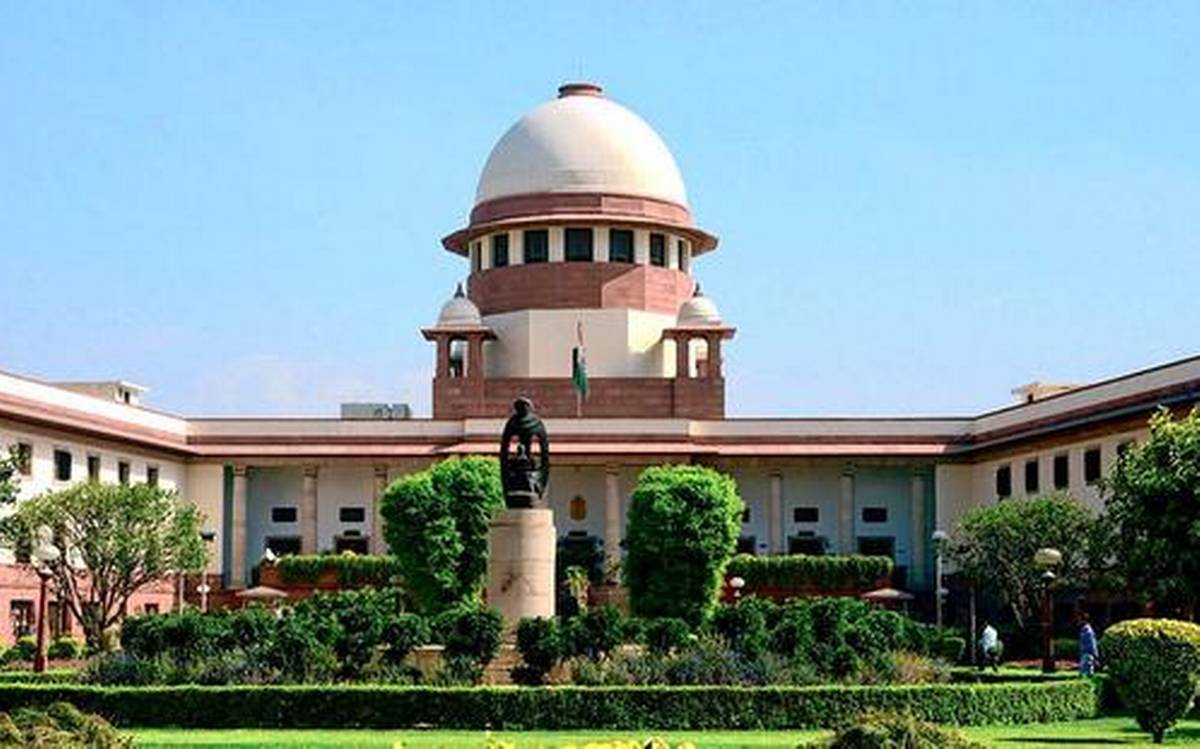Synopsis: The division bench of Justices S S Shinde and M S Karnik of the Bombay High Court stated that no argument was made before the high court to exercise its extraordinary jurisdiction in the present case.
Arnab Goswami, Republic TV Editor-in-Chief, moved the Supreme Court to challenge the November 9 Bombay High Court order refusing him interim bail in the suicide case of the interior designer Anvay Naik and his mother Kumud Naik.
The plea submitted by Advocate-on-Record Nirnimesh Dube comes on a day when the Alibaug Sessions Court is hearing a request for review lodged by the Raigad Police for police custody of Goswami, who is currently incarcerated in Taloja prison.
In its order of 9 November, the High Court noted that Goswami had a legal remedy to approach the session court concerned and request interim bail.
Goswami and two other defendants, Feroze Shaikh and Nitish Sarda, submitted petitions to the High Court to appeal against their detention in the case and to request temporary bail.
Parveen Shaikh, a relative of Feroze Shaikh, has also appealed to the Supreme Court requesting bail for the accused.
The Bombay High Court held that no case had been filed for the release of Goswami under its exclusive writ jurisdiction, thereby denying the interim application filed by the Editor-in-Chief of Republic TV.

The Division Bench of Justices SS Shinde and MS Karnik also explained that the remedy under Section 439 of the Code of Criminal Procedure to apply for interim bail remains unchanged. Under section 439 of the Code of Criminal Procedure, the petitioner has an alternative and successful recourse to apply for interim bail.
If the petitioner had been advised to apply for an interim bail defined under section 439 of the Code of Criminal Procedure before the Court of Appeal, then, in that case, the court would have instructed the Court of Appeal concerned to decide the application within four days of filing the application.
Since November 4, Goswami has been in judicial custody following his arrest in connection with the 2018 case, which was initially closed in 2019, which was re-opened in 2020 on the basis of a representation rendered to the State Home Minister, Anil Deshmukh, by Naik’s daughter, Adnya Naik.
On the ground that his arrest was unconstitutional, Goswami had requested interim bail.
The court refused to express its opinions on the merits of the case and the arrest stating that the prayers pertaining to these aspects will be considered when the main plea to quash the FIR is considered in December.
The High Court also explained the prima facie nature of the case they made in the order and limited them to the adjudication of the interim application for bail.
Goswami was arrested from his residence in Mumbai, Goswami, on the morning of November 4 and taken to Alibaug, where he was refused to be taken into police custody by the Chief Judicial Magistrate.
Goswami and two others identified in Naik’s suicide note were remanded in judicial custody by the magistrate’s court until November 18.
Initially, Goswami was held at a local school designated as a COVID-19 centre for the Alibaug jail. He was moved to the Taloja jail in Raigad district on Sunday after allegedly found using a mobile phone while in judicial custody.

